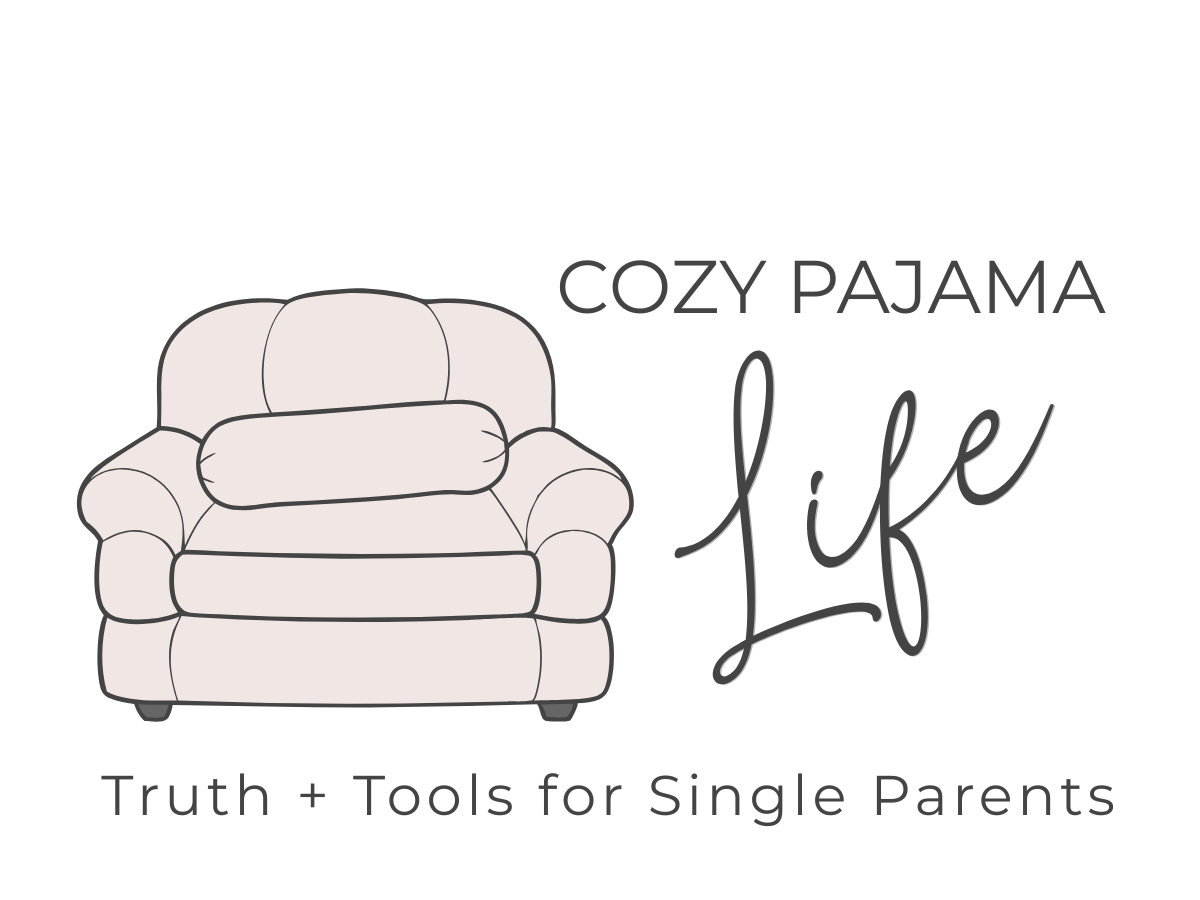Single-Mom Money Advice: 5 Financial Lessons After Divorce
Money always made sense to me. I worked hard, saved often, and figured that would be enough.
Then life stepped in and laughed.
I became a mom at almost 40, got divorced a decade later, and have been navigating chronic pain and financial instability ever since. Those savings? Gone. That confidence? Shaken. And rebuilding? Still in progress.
If you’re looking for single-mom money advice that’s grounded in real life—not theory—this is it.
These are the financial lessons I wish someone had told me before I had to learn them the hard way.
1. Start Investing Early, Even If It Feels Like You Can’t
Saving felt natural, but investing? That felt risky and out of reach.
Big mistake.
Even small investments made consistently in your 20s or 30s can grow into something meaningful by the time you hit your 40s and beyond. And you’ll want that safety net, trust me.
What I’d Tell You: Open a Roth IRA, automate your contributions (even $50/month), and let it ride. That money will show up for you when life takes a turn you didn’t see coming.
Need a hand getting started? Here’s a guide to opening a Roth IRA.
2. Divorce and Chronic Pain Don’t Just Hurt—They Drain You
Divorce gutted more than my bank account. It disrupted every part of life: career momentum, mental health, and financial security.
Chronic pain? That made full-time work feel impossible some years.
What I’d Tell You:
- Build an emergency fund as early as possible. This isn’t just for flat tires. It’s for the year everything goes sideways.
- Know your household finances, even if you’re happily partnered. Don’t get blindsided.
If you’re not sure where to start, this emergency fund guide breaks it down.
These are the kinds of smart money moves that helped me stay afloat as a single mom.
3. Protect Your Career, Even If You Pause It
Freelancing helped me stay present for my son and manage my health. It also came with financial trade-offs I’m still feeling.
Career breaks happen, but that doesn’t mean disappearing from your industry.
What I’d Do Differently:
- Stay in touch with your network. A quick check-in is better than ghosting for five years.
- Keep learning. Free courses, webinars, even LinkedIn updates help you stay visible.
- Don’t shy away from diversifying your income. Freelance writing? Etsy shop? Rental income? Set it up while you still have bandwidth.
What I’d Tell You: You can step away from full-time work without losing everything—if you stay intentional. These tips are part of how I’ve been rebuilding after chronic illness derailed my income.
4. Think Longer Term
When your world is on fire, retirement feels irrelevant. But those tough seasons don’t last forever—and what comes after still matters.
What I’d Tell You:
- Keep a foot in the future. Whether that’s contributing to your 401(k) again or revisiting your budget with future-you in mind, it counts.
- Small amounts still build wealth. Even $10 a week makes a difference.
- Give yourself grace, but don’t check out entirely.
This mindset shift helped me prioritize single-mom finances even in survival mode.
5. Your Paycheck Doesn’t Define You
I got used to shrinking my needs. I told myself I was lucky just to get by.
But settling is a habit. And it costs you.
What I’d Tell You:
- Ask for what you’re worth. Raises, rate increases, better opportunities—don’t wait to be invited.
- Invest in yourself. Therapy, a financial coach, a course—anything that boosts your confidence or clarity.
- Don’t minimize your wins. You’ve survived a lot. That’s not nothing.
If you’re rebuilding after divorce or managing a single income household, advocating for your financial future isn’t optional—it’s essential.
A Letter to My Younger Self
Hey, you. Life is going to knock the wind out of you more than once.
You’ll question your choices, your strength, even your future. But you’ll also rise, over and over again.
Start where you are. Take the tiny win. Save the $5. Open the account. Speak up. Sit down when you need to. Get back up when you can.
And remember: You’re building something that matters—even when it doesn’t feel like it yet.


